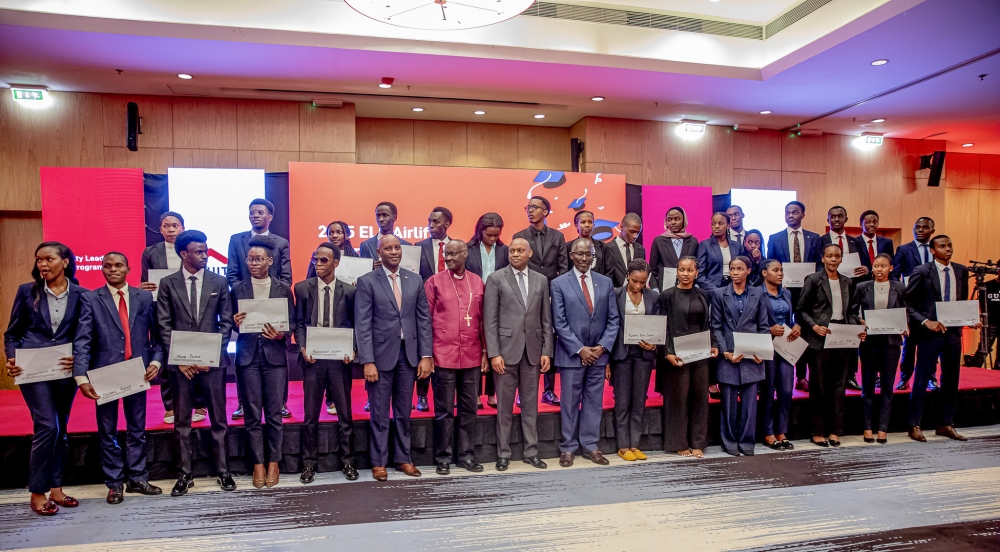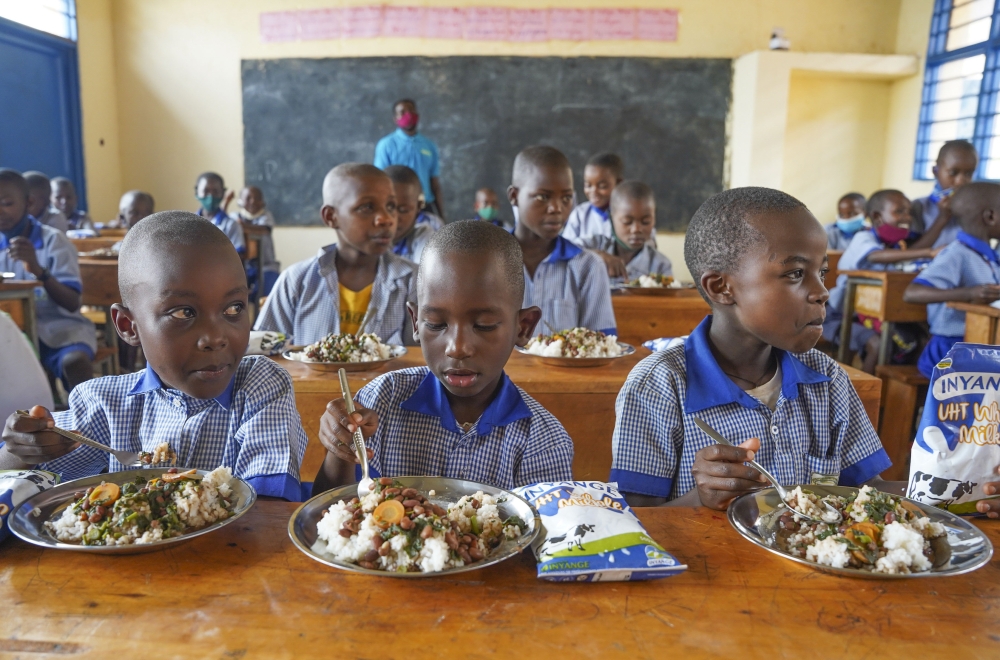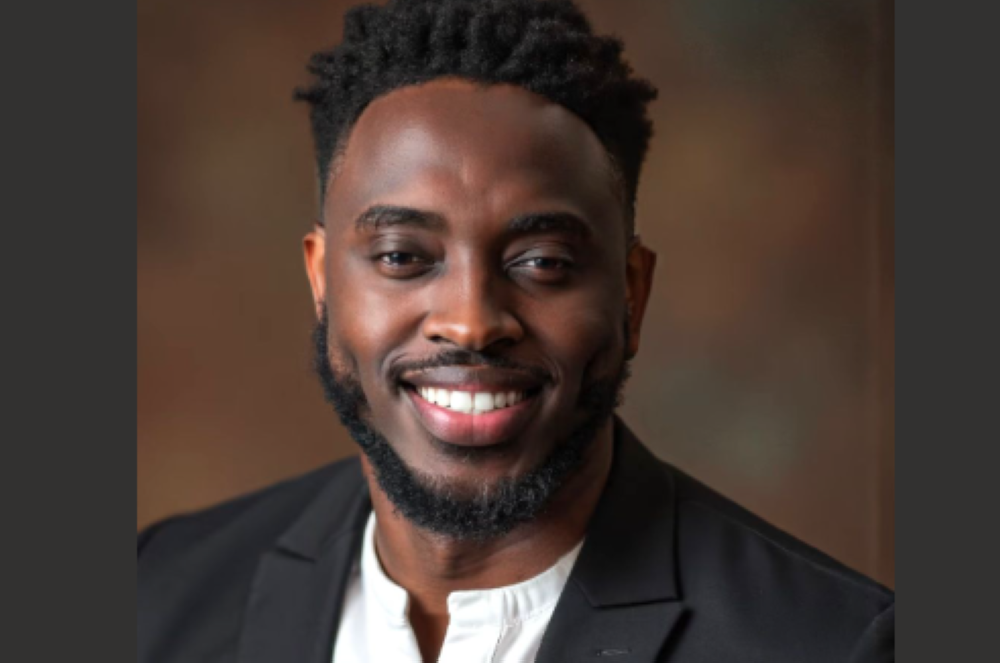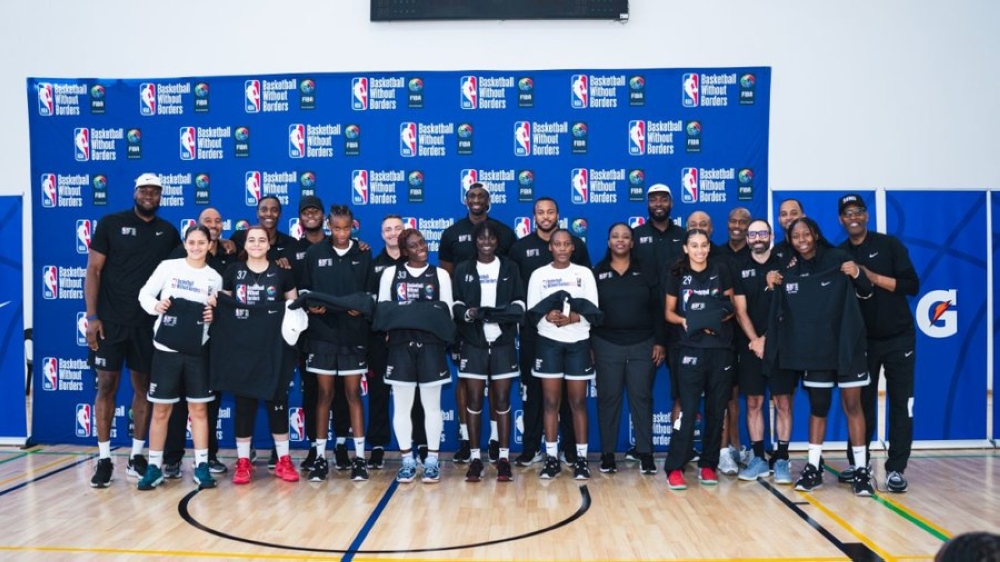IT COULD be you, your child, relative, neighbour or friend. Everyone of us has seen or interacted with someone who is physically disabled. But what is our reaction when dealing with these brothers and sisters of ours?

IT COULD be you, your child, relative, neighbour or friend. Everyone of us has seen or interacted with someone who is physically disabled. But what is our reaction when dealing with these brothers and sisters of ours?
Are you the kind that frowns at the sight of one of them or one that pushes their wheel chair? If you still shun and discriminate against people with disabilities, better wake up because centuries have moved so fast that such an attitude is not only unfortunate but uninformed.
That is why we must commend the government of Rwanda for maintaining that people with disabilities are just as important as any one in the development of the country. Besides designing policies that help these countrymen to acquire education up to university, government has built schools and put in place a department to cater for their needs.
Research has shown that although teaching students with physical disabilities may require modifications to regular classroom activities, these students are generally equally as intelligent as other children. They may require help with writing, teachers who know sign language, books written in Braille, or other specialised methods but this is no excuse to write them off as the National Council of People with Disability proves. According to the executive secretary of the commission, Emmanuel Ndayisaba, many students with disabilities have graduated with various degrees just like many other ‘normal’ people. This, therefore, confirms that they can achieve as much as the rest or even more. The earlier we appreciate them, the better.






